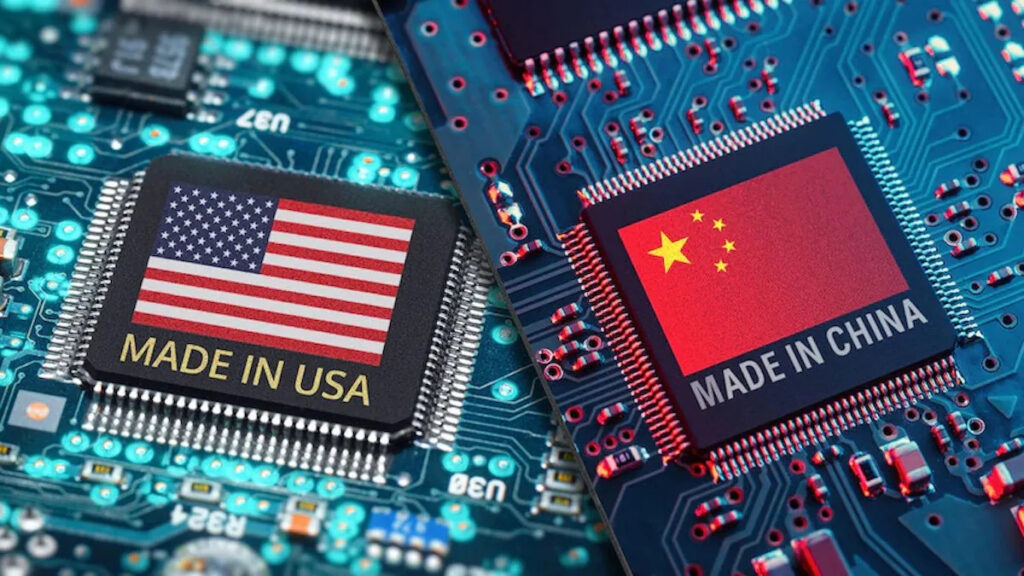Japan’s Move and US Support

Japan has taken the step to restrict the flow of Japanese chips and chip-making equipment to China, aligning itself with US efforts to decouple China from the global technology supply chain. The primary objective is to slow down China’s arms manufacturing capabilities. The United States and its allies have welcomed Japan’s decision and are promising significant investments in Japan’s chip-making industry.
India’s Watchful Eye
India is closely monitoring this evolving situation, recognizing itself as a potential beneficiary of Western technological investments. With a skilled tech workforce and a growing emphasis on reducing reliance on Chinese exports and strengthening its arms industry, India sees opportunities in attracting technology-related investments. However, the West has not shown the same enthusiasm for India as it did for Japan’s curbing of chip exports to China.
Concerns Over China’s Response
China, in response, has banned US-based Micron, one of its major chip suppliers, signaling its determination to pour more money into semiconductors and arms manufacturing. This retaliatory move adds to the growing tensions and uncertainties surrounding the global supply chain of semiconductors, which has implications for industries worth trillions of dollars.
Taiwan’s Role and China’s Ambitions
The US is particularly concerned about China’s potential annexation of Taiwan, the world’s largest chip maker. The strategy of isolating China from the chip supply chain is seen as an effort to address Western fears and prevent China from gaining control over vital semiconductor resources. Japan’s restriction on chip imports, although not explicitly targeting China, affects Chinese manufacturers heavily dependent on Japanese and Taiwanese chips.
Japan’s Rationale and Future Prospects
Japan justifies its decision as a contribution to international peace and stability, aiming to please the United States and gradually reduce dependence on the Chinese market. However, this move will have significant repercussions for Japanese chip sellers, affecting their market development and competitiveness in the short term. Nevertheless, Japan believes that new semiconductor plants in the US and Japan will compensate for the impact in the long run.
Investment Opportunities and Reactions
Multiple players, including Taiwan Semiconductor Manufacturing Company (TSMC), Samsung Electronics, and Micron, have shown interest in investing in Japan’s chip industry. Micron has pledged a substantial $3.2 billion investment to build a cutting-edge semiconductor plant in Hiroshima. Samsung is exploring a $215 million research and development center in Yokohama, while TSMC plans to construct a new plant in Kumamoto. These investments highlight the rising role of Japan in strengthening global supply chains and countering economic coercion.
China’s Response and Retaliation
China views Japan’s decision as playing into the hands of the United States and considers it a move to give the US an advantage. Chinese authorities responded by effectively banning the purchase of products from US chipmaker Micron Technology. This action serves as retaliation for the US’s earlier decision to halt the export of certain advanced computer chips to China. As China seeks to reduce its dependence on chip imports, it is channeling significant investment into its domestic chip industry and seeking alternatives to Micron.
Japan’s decision to restrict chip supplies to China, supported by the US, has created significant disruptions in the global semiconductor supply chain. The move is seen as a step towards decoupling China from crucial technology resources, driven by concerns over China’s military ambitions and the potential annexation of Taiwan. India, with its growing tech capabilities, is keeping a close eye on these developments, hoping to attract Western investments. The situation continues to evolve, with potential ramifications for the global technology landscape.
